Motor Skills for Preschoolers
Are you aware of what your child should know before Kindergarten? This post is part of a series that will later be compiled into an ebook on how to successfully homeschool your preschooler. Today I will share a list of gross motor and fine motor skills preschoolers should work on before Kindergarten.
Gross Motor Skills are the coordination of movements that are required for large movements: crawling, running, jumping, throwing, climbing, etc. These are the skills that develop before fine motor skills.
Here’s a list of skills your Preschooler should work on:
- runs (with good stamina)
- skips
- hops (on both feet and one foot)
- gallops
- leaps
- jumps
- somersaults
- pedals and steers a tricycle
- climbs a playground ladder
- throws a ball with direction
- catches a thrown ball with arms and body
- bounces a ball
This game we played last fall that involved running and sorting leaves. We had a lot of fun with this!
Fine Motor Skills require the use of smaller muscle groups to perform tasks that are precise in nature. Here’s a list of what a Preschooler should work on:
- stacks 10, one-inch blocks
- strings beads
- buttons
- zips
- snaps
- laces
- grasps crayon and pencil correctly
- completes a simple puzzle (7 pieces or more)
- scissor skills
- uses glue neatly
- uses tweezers
- completes a pattern
- makes a pancake, snake, and ball from play dough
- copies: vertical line, horizontal line, circle, cross, square, V, triangle
- copies first name
- prints first name without a model
Here are a few posts I’ve shared on fine motor skills.
Playing with play dough is a great way to build up strength in the hand to perform fine motor skills. This is a great activity that uses play dough and scissors!
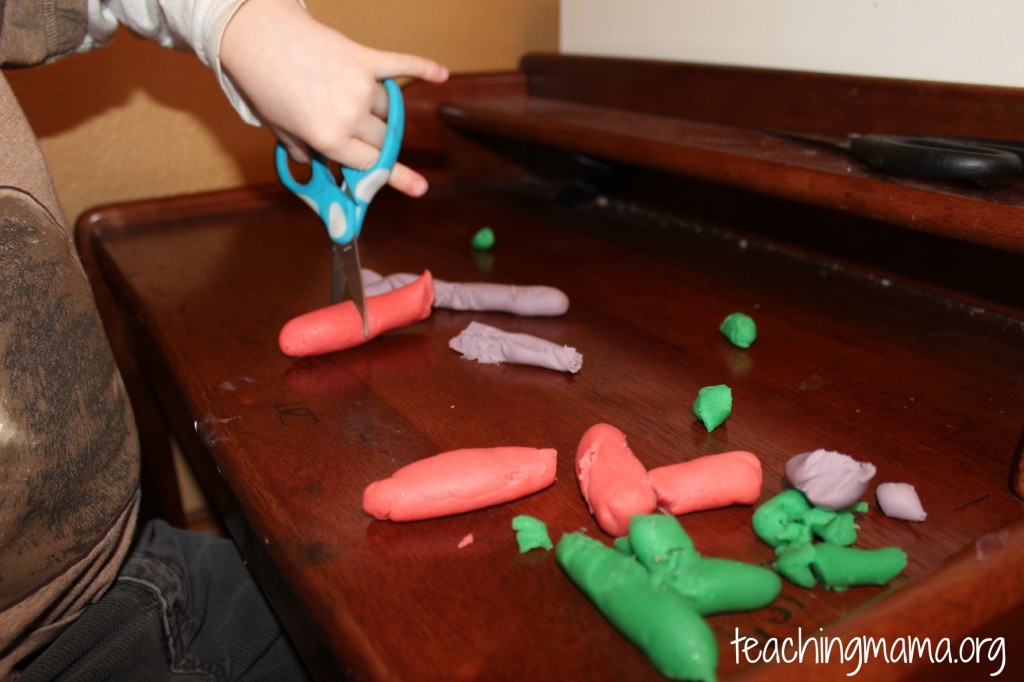 I recommend buying kid tweezers for kids to practice pinching small objects. Here’s an activity (with a free printable) using tweezers to pick up goldfish.
I recommend buying kid tweezers for kids to practice pinching small objects. Here’s an activity (with a free printable) using tweezers to pick up goldfish.
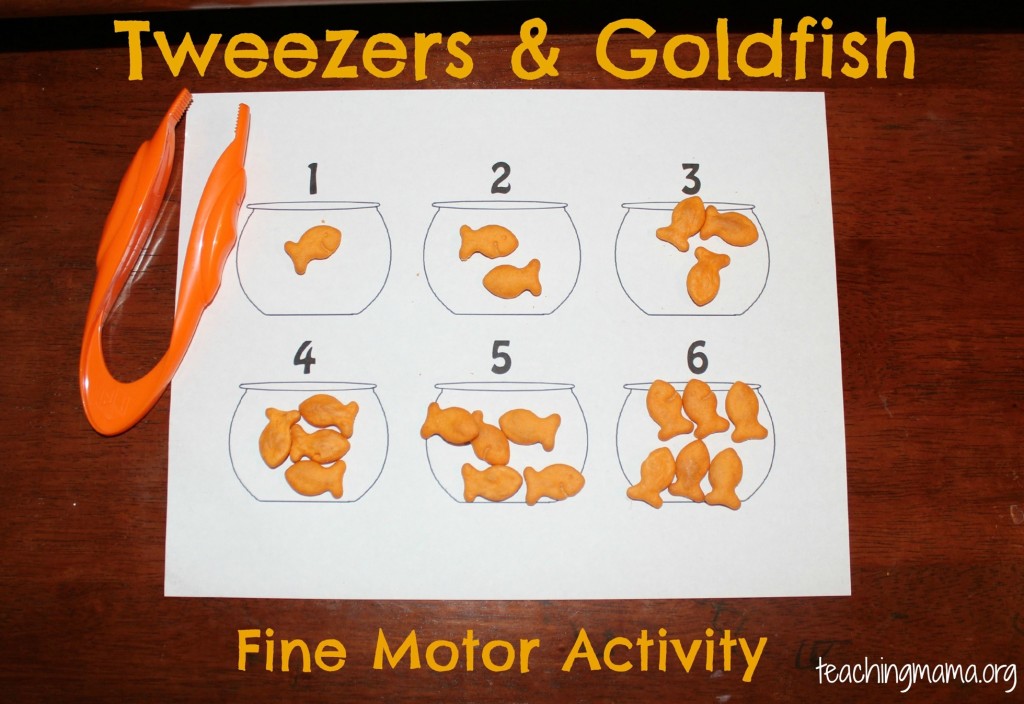 Lacing is another great skill to work on. It can be frustrating for your child at first, but with practice they will improve.
Lacing is another great skill to work on. It can be frustrating for your child at first, but with practice they will improve.
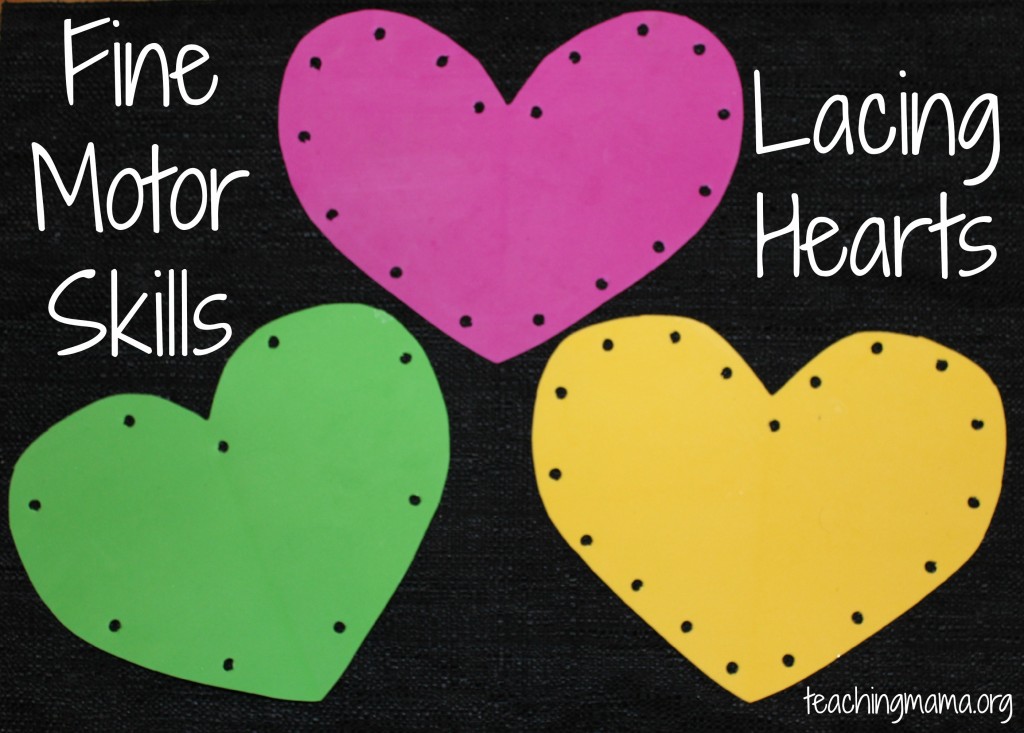 Lastly, I’ll share an activity we did with stringing beads to make a butterfly.
Lastly, I’ll share an activity we did with stringing beads to make a butterfly.
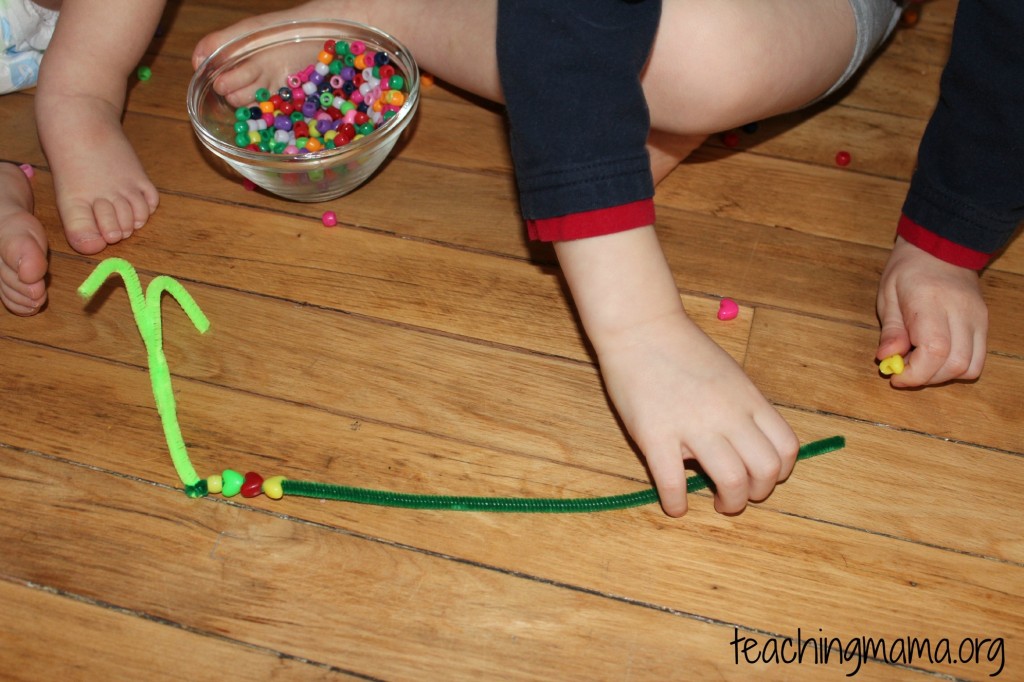 I have more ideas on my toddler page and preschool page and will continue to add more activities in the future.
I have more ideas on my toddler page and preschool page and will continue to add more activities in the future.
Both of these motor skills work together to help us function throughout the day. You may wonder if spending time developing them is actual important. Yes, they will develop them eventually on their own, but I don’t think they are fully developed without some planned practice. I think the biggest reason to work on fine motor skill is that it directly impacts a child’s handwriting and cutting skills. In order to expect your child to write well, you need to focus on developing fine motor skills before ever asking your child to write. It is that important!
What are your thoughts? Anything you would add to this list?

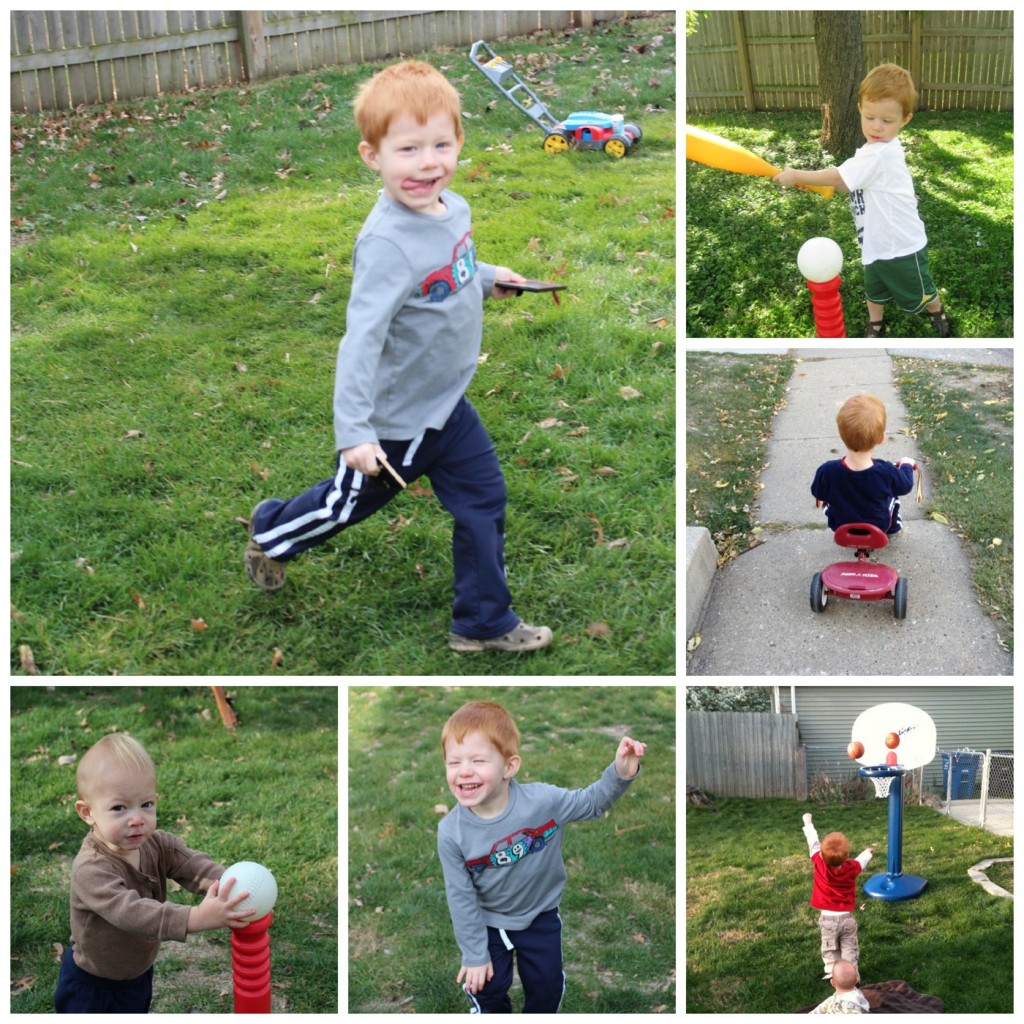
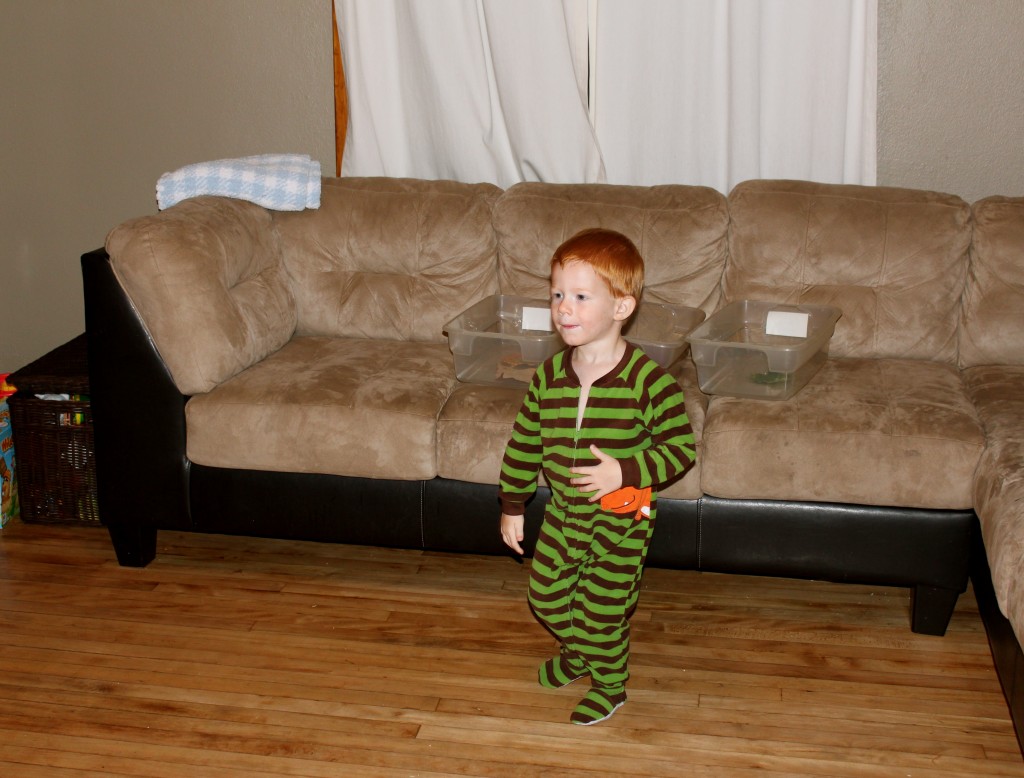
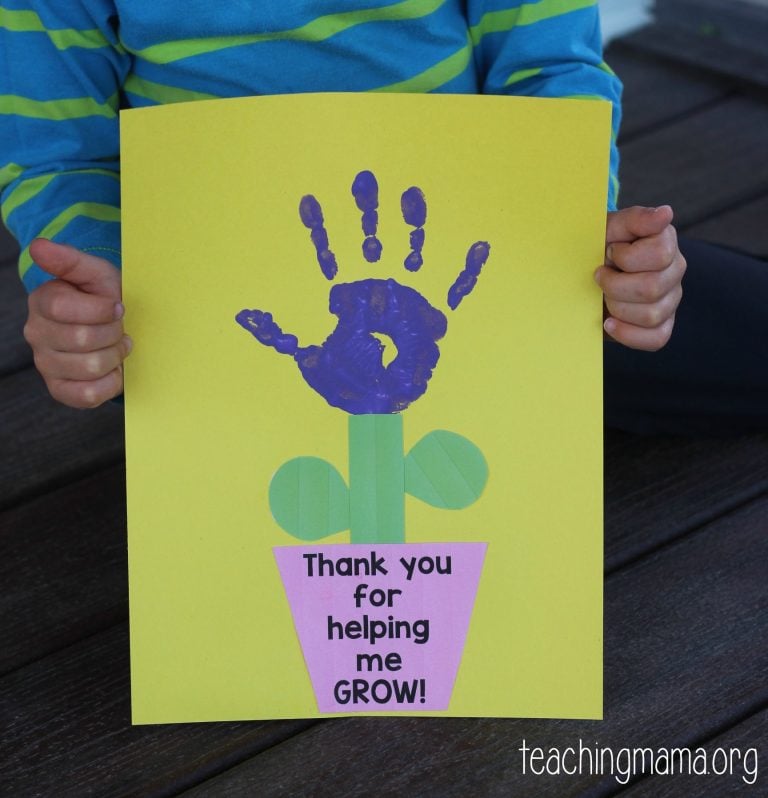
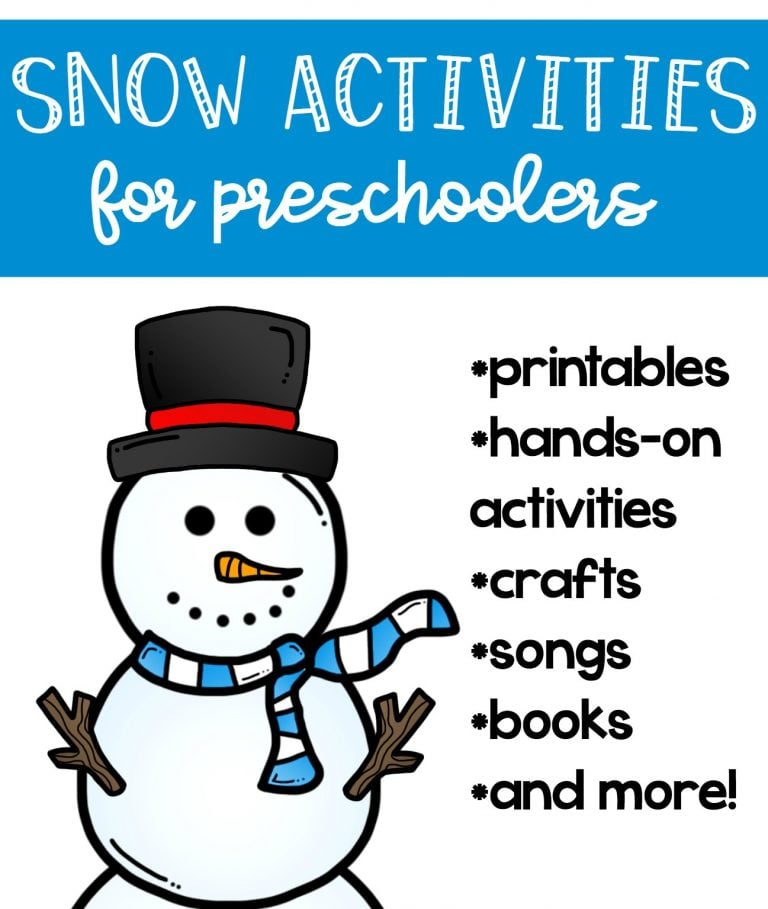
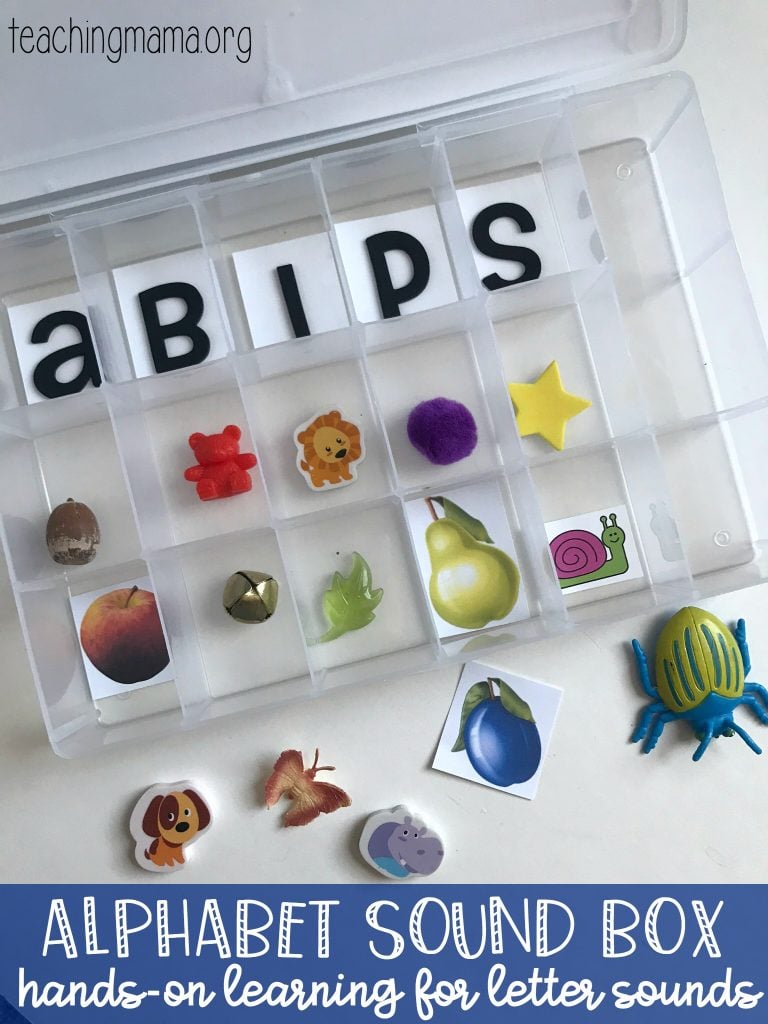
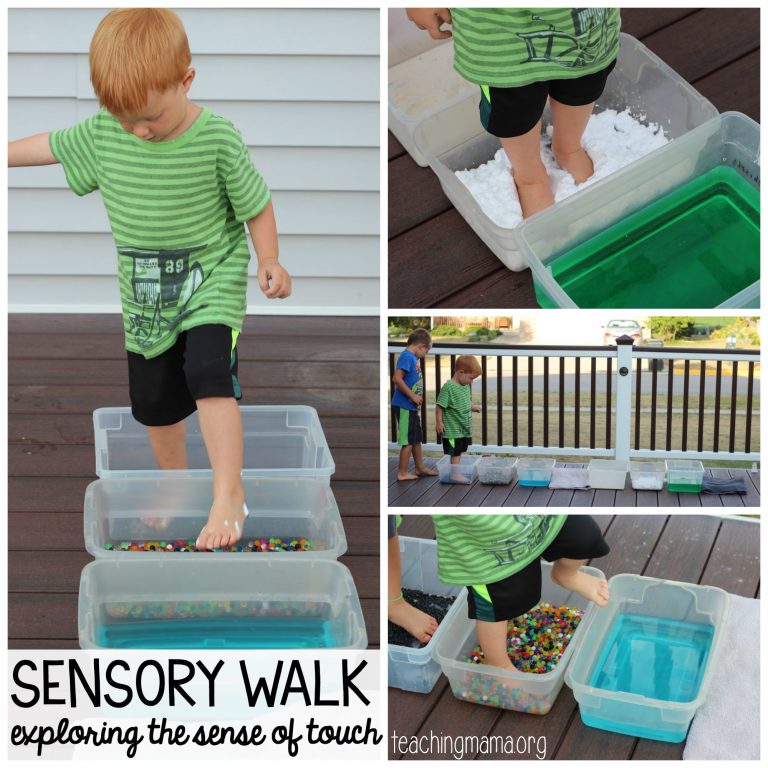
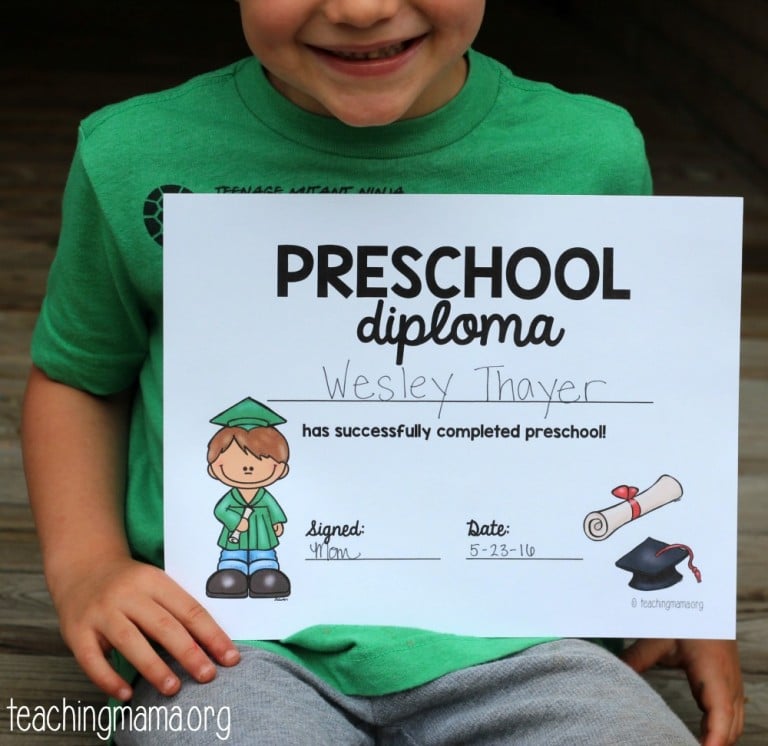
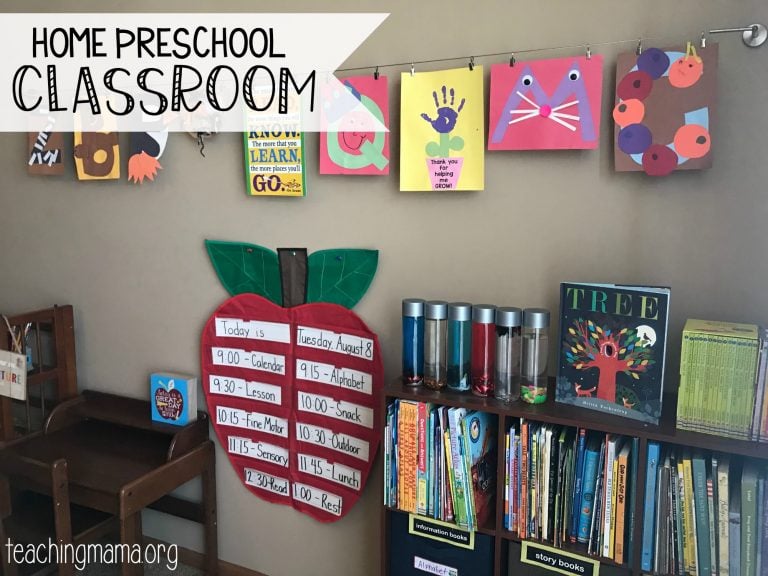
We have a lot of work to do on fine motor skills. Thank you for the great suggestions!
I am an Occupational Therapist who has been working in the school system for 25 years and I have been enjoying your blog. I think it’s wonderful that you have provided both gross and fine motor activities for children and their families to enjoy. I’m especially pleased with the gross motor skills because the development of strong core muscles including the shoulder girdle are essential for a child to be successful in writing.
However, on the subject of writing, I do have some reservations. During my time working in the school system, I have watched the increased expectations in writing for pre-school/Kindergarten with growing concern. Some children are ready to draw, copy shapes and write their name by the time they reach Kindergarten, but an equal number are not. Both scenarios fall into the catagory of normal development, but pushing a child into writing tasks before they are developmentally ready can have adverse effects.
In order to be ready to write, a child should have: well established hand dominance, always using the dominant hand for eating, brushing teeth, throwing a ball etc. They also need adequate muscle strength to hold a writing utensil correctly and enough strength in their wrist to write/draw with their wrist held in slight extension, not curled in. And for letter formation, they should know directional concepts such as top, bottom, around, up and down so they can work to form a “p” by ‘start at the top, draw a line down, then back up and around for a belly’ rather than drawing a line with a circle on top.
I know this is a long answer, but as an OT, I often get referrals from Kindergarten teachers to correct grips and incorrect letter formation habits that are limiting their student’s abilities to write.
Pre-writing activity suggestions would be to spend as much time with play-doh/putty, legos, popping bubble wrap, pinching clothespins and squeezing glue bottles until these activities are easy, then move to coloring on a vertical surface (tape the paper to the wall or get a chalkboard on the wall) before practising name writing.
If your child has mastered all these activities, by all means, move on to writing, but it’s better to wait a bit longer than form habits that he/she will have to unlearn.
Thanks! I love hearing your thoughts and suggestions…thank you SOO much for sharing them. I really appreciate it. I totally agree that pushing a child to writing tasks before they are ready is not good. They should be working on fine motor skills to build strength in their hands. I love your pre-writing activity suggestions and will definitely try the ones you’ve suggested that we haven’t done yet. Thanks again for your comment!
Thanks for a great list! This will be a useful resource for me. I neglect large motor skills sometimes — but I just just don’t feel like moving, myself 🙂 I appreciate the reminder.
Sometimes we forget about the importance of motor skills with preschoolers. Thanks for the reminder!
Yes, I agree Kerry! Thanks for your comment.
I love that you started this post with gross motor skills. It seems like lots of people work on fine motor skills with their kids, but they forget how important those gross motor skills are! Your fine motor skills ideas and tips are really good, too, though. 🙂
Thanks! Yes, I think we forget that gross motor skills are important to work on, too! Glad to hear you agree!